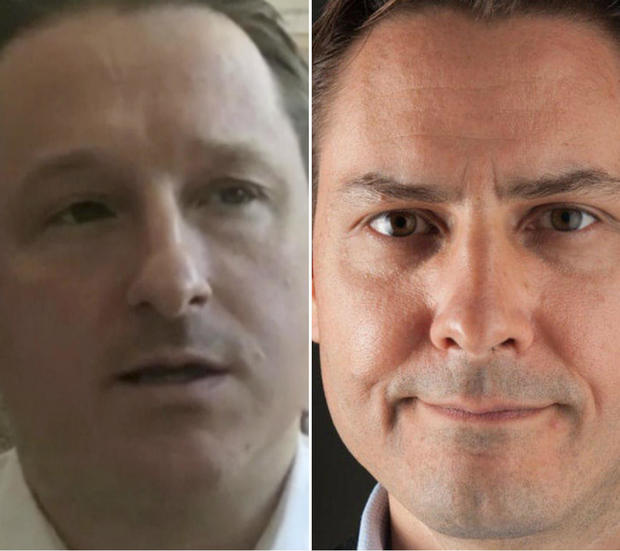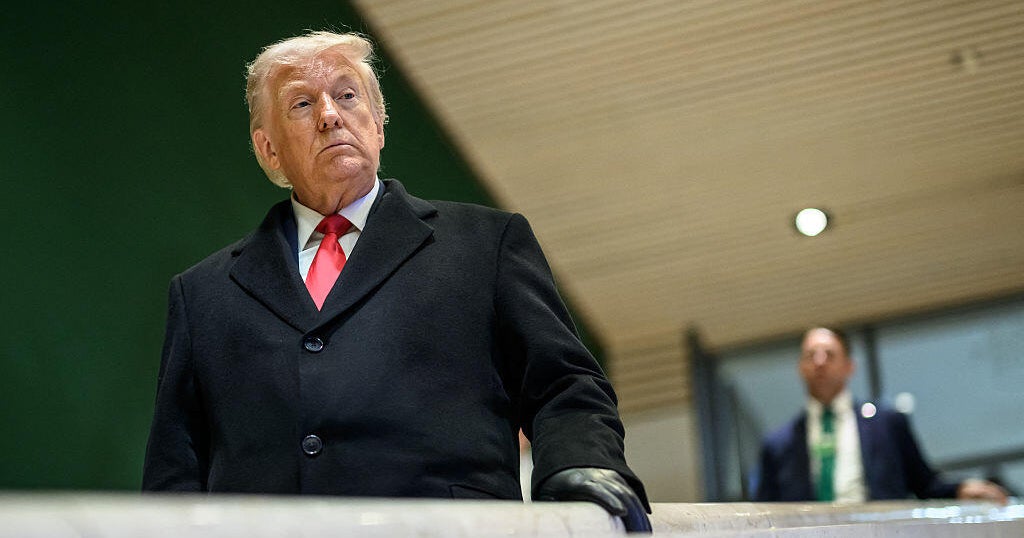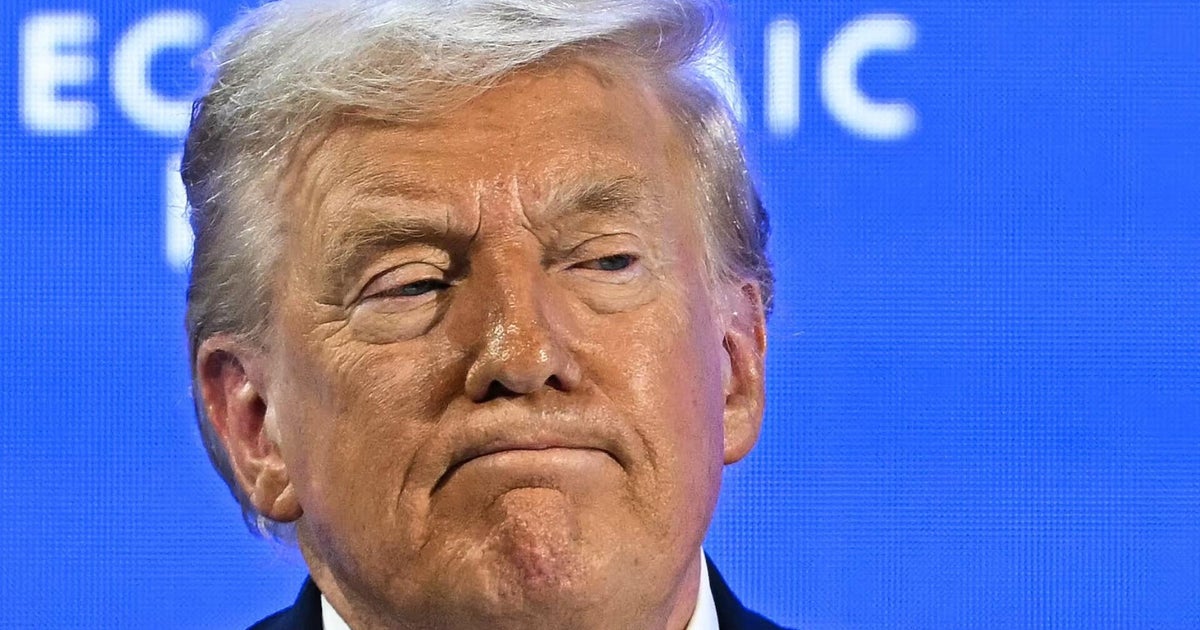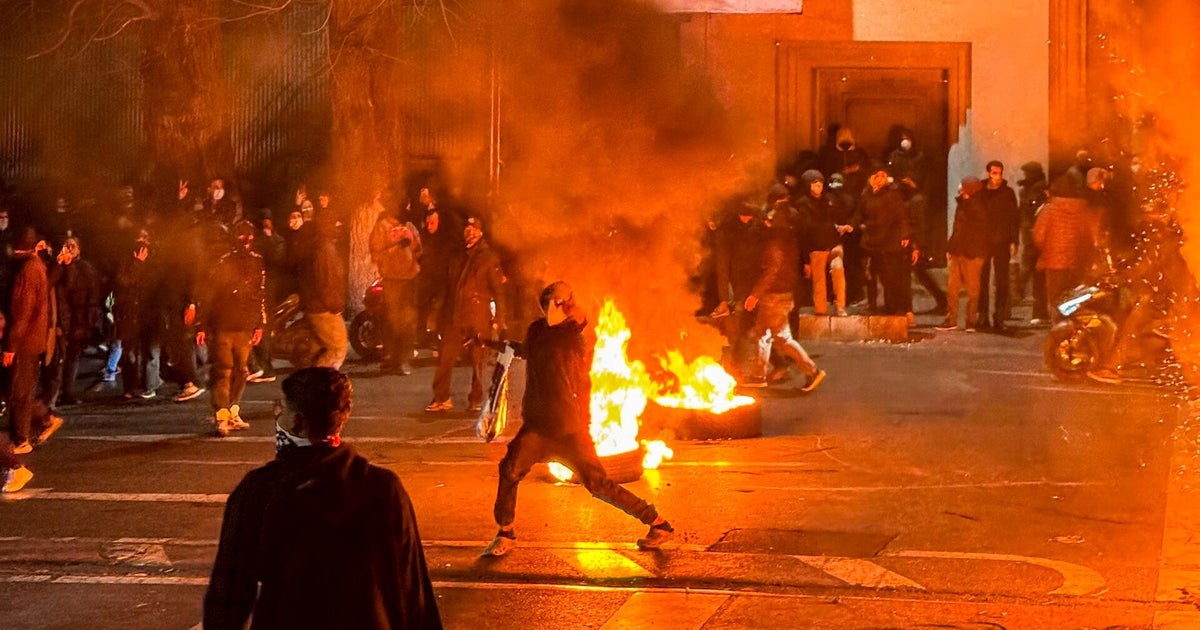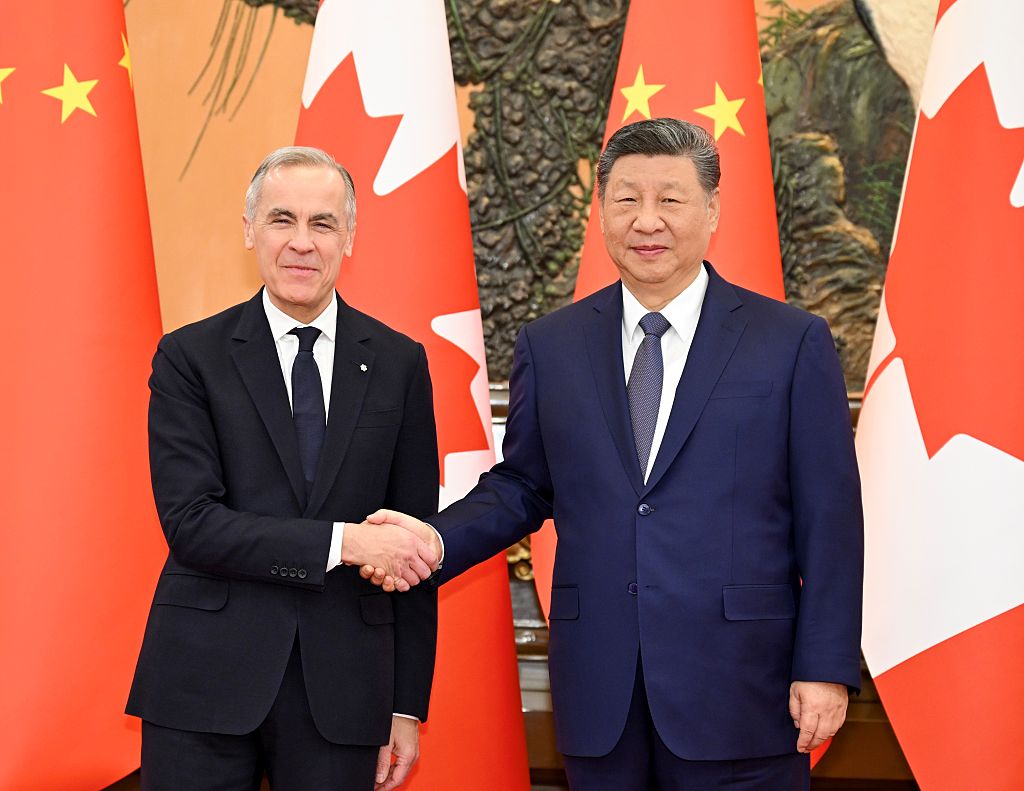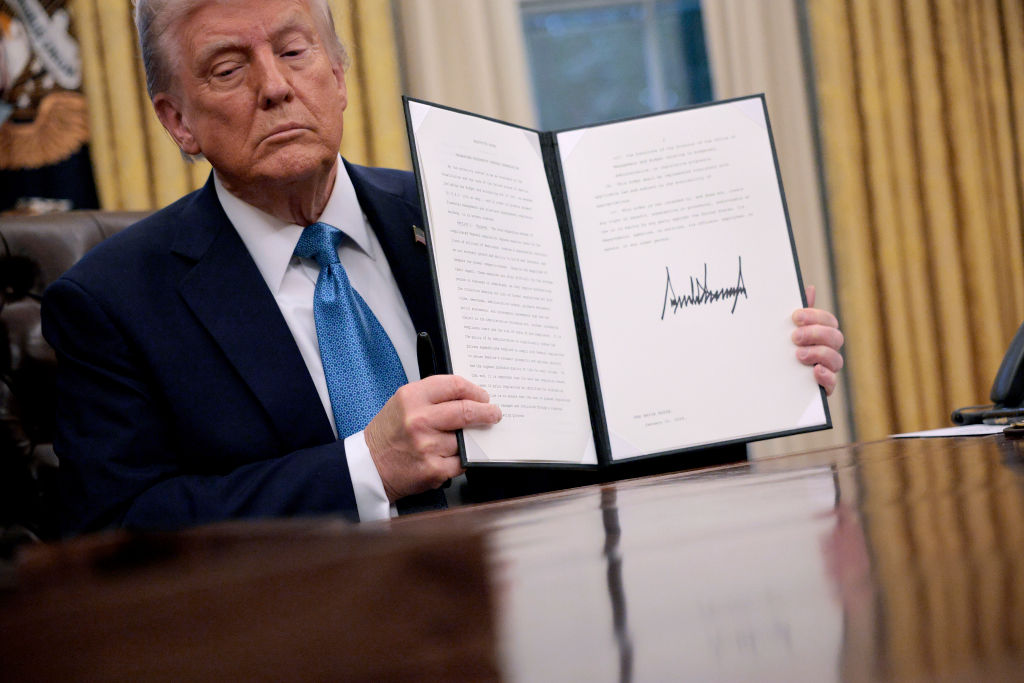China confirms 2 Canadians held amid 3-way feud with U.S. over Huawei executives arrest
Beijing -- China on Thursday confirmed it has detained two Canadian men, raising the stakes in a three-way international dispute over the case of a Chinese telecoms executive facing possible extradition from Canada to the United States.
Foreign Ministry spokesman Lu Kang said entrepreneur Michael Spavor and former Canadian diplomat Michael Kovrig were taken into custody on Monday on suspicion of "engaging in activities that endanger the national security" of China.
Lu said Canada was informed about the detentions, but declined to say whether the men have been provided with lawyers. He said the cases are being handled separately by local bureaus of the national intelligence agency in Beijing, where Kovrig was picked up, and the northeastern city of Dandong, where Spavor had been living.
"The legal rights of the two Canadians are being safeguarded," Lu told reporters at a daily briefing.
The two cases ratchet up pressure on Canada, which is holding Meng Wanzhou, the chief financial officer of Huawei Technologies. She was arrested in Vancouver on Dec. 1 but released on bail. The U.S. has requested her extradition to face charges of bank fraud.
Canadian officials have not been able to contact Spavor "since he let us know he was being questioned by Chinese authorities," Canadian Global Affairs spokesman Guillaume Bérubé said Wednesday. "We are working very hard to ascertain his whereabouts and we continue to raise this with the Chinese government."
Kovrig is an analyst on northeast Asia for the International Crisis Group, a think tank, who took a leave of absence from the Canadian government and is based in Hong Kong.
Spavor runs tours of North Korea along with sports, business and other exchanges through his company, Paektu Cultural Exchange. He has ties to figures in the North's government, including leader Kim Jong Un and was instrumental in bringing NBA player Dennis Rodman to the North's capital Pyongyang in 2013.
Acquaintances said he was due in Seoul, the South Korean capital, on Monday, but never showed up.
The broadly defined national security charge encompasses both traditional espionage and other forms of information gathering such as interviewing dissidents and contacting non-governmental organizations.
The root of the dispute appears to be Canada's arrest of Meng while she was changing planes at Vancouver airport. The U.S. accuses Huawei of using a Hong Kong shell company to deceive banks and do business with Iran in violation of U.S. sanctions.
China earlier warned of dire consequences if Meng wasn't released and the editor in chief of the Global Times, a Communist Party-run tabloid known for its provocative views, warned in a video Wednesday night of "retaliatory measures" if Canada doesn't free Meng.
"If Canada extradites Meng to the U.S., China's revenge will be far worse than detaining a Canadian," Hu Xijin said, speaking in English.
Canada has asked China for extra security at its embassy because of protests and anti-Canadian sentiment and has advised foreign service staff to take precautions, a senior Canadian official told reporters.
Trump suggests he could intervene for sake of trade deal
The United States and China have emphasized that China-U.S. trade talks are separate from the case against Meng, though President Donald Trump obliterated the distinction Tuesday, saying he'd intervene if it would help produce a trade agreement with China.
"If I think it's good for what will be certainly the largest trade deal ever made -- which is a very important thing -- what's good for national security -- I would certainly intervene if I thought it was necessary," Mr. Trump told Reuters in an interview.
The suggestion that Meng could be a political pawn in negotiations makes the situation more awkward for Canada. Canadian Prime Minister Justin Trudeau bristled at Mr. Trump's assertion, saying: "Regardless of what goes on in other countries, Canada is, and will always remain, a country of the rule of law."
Foreign Minister Chrystia Freeland said it was "quite obvious" any foreign country requesting extradition should ensure "the process is not politicized."
"Both Canadian and American officials have emphasized that the Meng arrest is separate from the trade talks," said Gregory Yaeger, special counsel at the Stroock law firm and a former Justice Department trial attorney.
"Trump's remarks could be interpreted as creating the appearance that the arrest also had political motivations. This could undermine the U.S.'s reputation as a country that follows the 'rule of law,' and could ultimately undermine both the Meng prosecution and the trade talks."
The case has shaken financial markets, with investors concerned it could ratchet up trade tensions between the U.S. and China. Meng's arrest came the same day President Donald Trump announced a pause in the tariff war between the two countries.
"Meng and the broader fate of Huawei will undoubtedly worsen US-China relations and make it even harder to bring negotiations to a conclusion," researchers at Eurasia Group wrote in a note. Evidence in Meng's case could lead to the U.S. fining Huawei, installing monitors at the company or imposing an export ban on it, a step that would bring U.S.-China relations "to a true crisis."
Mr. Trump earlier drew fire for intervening on behalf of Chinese telecommunications company, ZTE, after it was accused of selling equipment to Iran and North Korea.
U.S. regulators planned to bar it from receiving U.S. components that it depended on, effectively a corporate death sentence. But Mr. Trump issued a reprieve, perhaps partly because U.S. tech companies, major suppliers to ZTE, would also have been scorched. ZTE agreed to pay a $1 billion fine, change its board and management, and let American regulators monitor its operations.
Speaking outside the White House Wednesday, Commerce Secretary Wilbur Ross urged reporters not to jump to the conclusion that Mr. Trump will actually intervene in Meng's case.
"Let's see what he actually decides," Ross said. "Let's see where we go from there."
